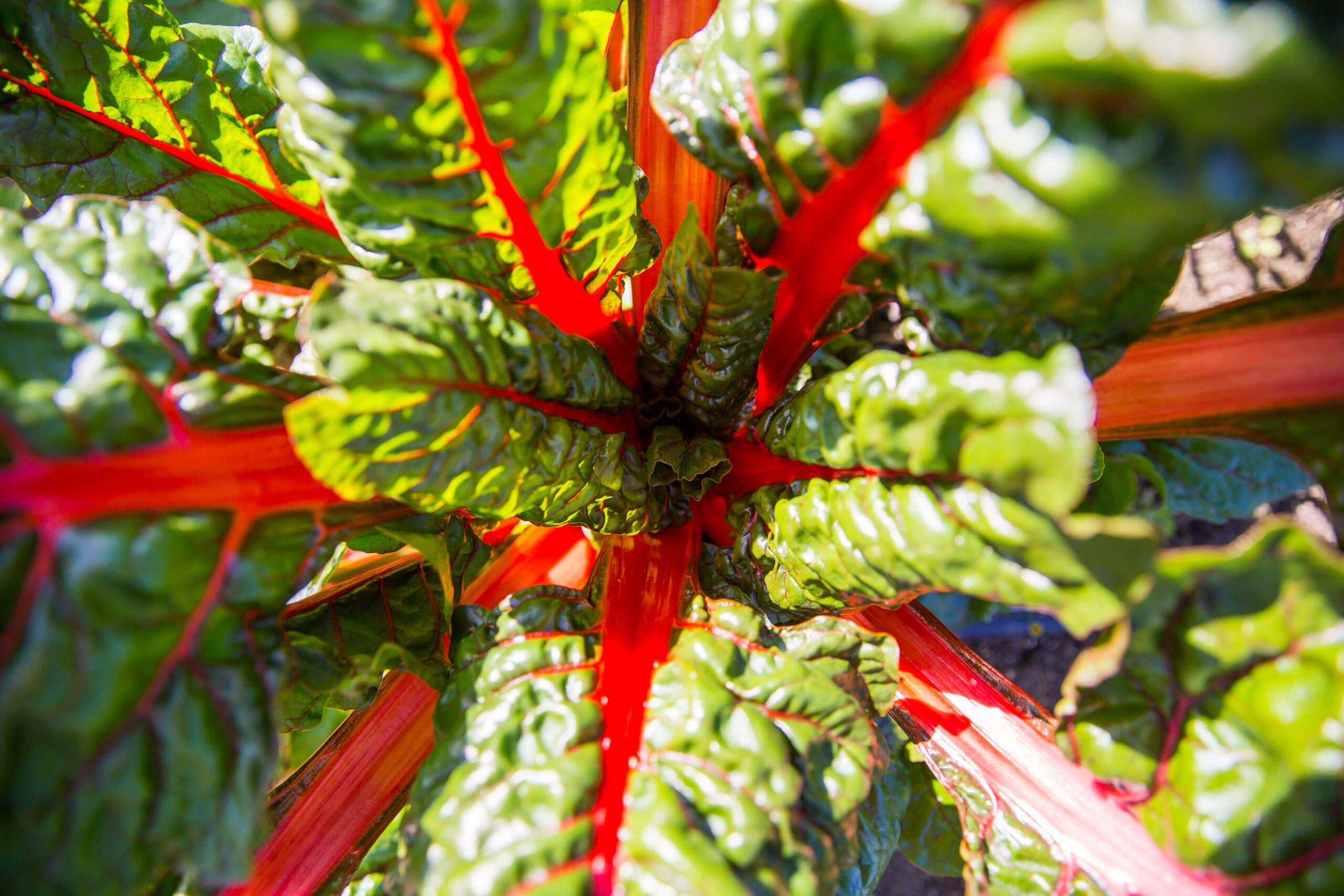The Jewish value of Tikkun Olam tells us of our duty to heal the world. Interpreting this broadly, Coastal Roots Farm is working towards cultivating a healthier physical world and a more connected and nourished community. We cannot forget that a nourished community must be built of nourished individuals and the health of each is vital to healing our world.
What makes us healthy individuals? Many, many complex things, and good nutrition among them! People don’t eat nutrients, though, they eat food. Just as we look to tradition to guide the nourishment of our spiritual bodies, we can look for guidance on how to nourish our physical bodies. Harvard Medical School’s Nutrition 101: Good eating for good health article notes, “Most of us were raised in an era when meat and potatoes were the American ideal. Now we know that vegetables, fruits, whole grains, nuts, and fish are best. It seems like a radical change, but it’s actually a return to the basic principles that served our ancestors well and that survive today as the traditional Mediterranean diet.”
This past quarter, the Farm launched a new evaluation effort in order to better quantify not only the amount of pounds of fresh produce we have been providing our community, but also the nutritional impacts of our food distribution programs.
While we can easily estimate the number of servings of vegetables we distribute every month, each vegetable distributed provides a person with a different nutrient profile – energy, fiber, minerals and vitamins among other nutrients – all which contribute to our daily nutritional needs. Utilizing the USDA’s National Nutrient Database and the FDA’s Labeling and Nutrition Guidelines, we created an evaluation tool that helps us calculate the approximate nutrients of the produce we distribute as well as the approximate percent daily value of nutrients that each individual we serve receives.
Over the past a six month period, we found that the 12,352 pounds of fresh produce we distributed to 8,155 individuals provided each person with the following percentage of their recommended daily value:
- Energy: 11%
- Protein: 25%
- Fiber: 62%
- Calcium: 40%
- Iron: 35%
- Folate: 98%
- Vitamin A: 155%
- Vitamin B-6: 61%
- Vitamin C: 238%
- Vitamin K: 679%
This year, we will be highlighting these vitamins and nutrients through our “Healing the World – One Nutrient at a Time!” blog series, beginning with Vitamin A.
Nutritional Highlight: Vitamin A
Vitamins play a vital role in most bodily functions. They are required for normal growth and overall health. Our body does not “make” its own vitamins, so it is important that we eat a varied diet of foods rich in different vitamins.
According to the National Institutes of Health, Provitamin A carotenoids — alpha-carotene, beta-carotene and beta-cryptoxanthin — are the inactive form of the vitamin found in plants. Most dietary Vitamin A comes from dark leafy green vegetables and other green, orange, and yellow vegetables, such as broccoli, carrots, and squash (much of what the Farm distributed over the cool fall and winter seasons!). Vitamin A is important for normal vision, the immune system, and reproduction. Vitamin A also helps the heart, lungs, kidneys, and other organs work properly. The most common symptom of vitamin A deficiency in young children and pregnant women is xerophthalmia, which is the inability to see in low light, and it can lead to blindness if it isn’t treated. Vitamin A deficiency is one of the top causes of preventable blindness in children. Vitamin A deficiency also increases the severity and mortality risk of infections (particularly diarrhea and measles) even before the onset of xerophthalmia.
Take Away:
Healing our world is not just about feeding our community – it’s also about nourishing our bodies! And to do that, we must grow and distribute healthy, nutrient dense food. The Farm is on a mission to do just that!
Interested in incorporating more locally grown, fresh, organic produce into your diet? Come by our pay-what-you-can Farm Stand! The Farm Stand is open to community members of all backgrounds and identities. This social enterprise model supports our goal to ensure that everyone in the community has fair, equal, and dignified access to local, fresh, seasonal, organic, and sustainably-grown food. We offer those in need up to $30 of produce at no-cost through our private check-out system. Click here for Farm Stand Hours of Operation and to learn more. We look forward to sharing with you our bounty of nutrients!
Written by Sara Telzer, Impact and Evaluation Manager at Coastal Roots Farm
